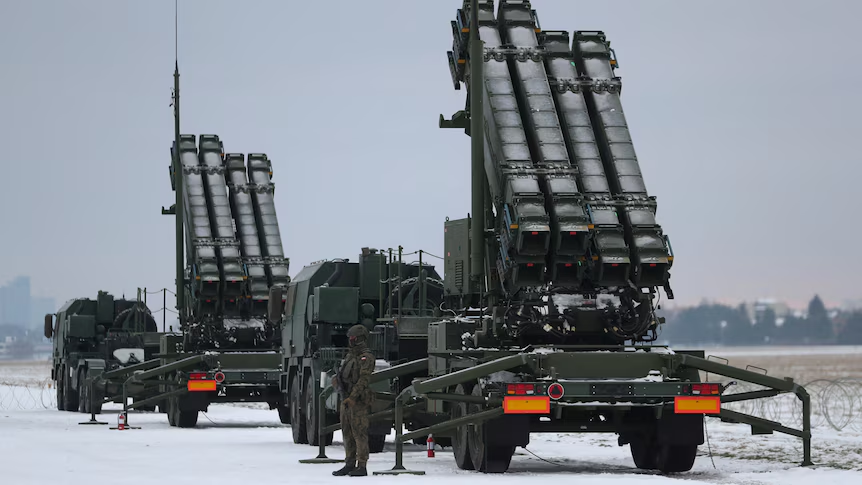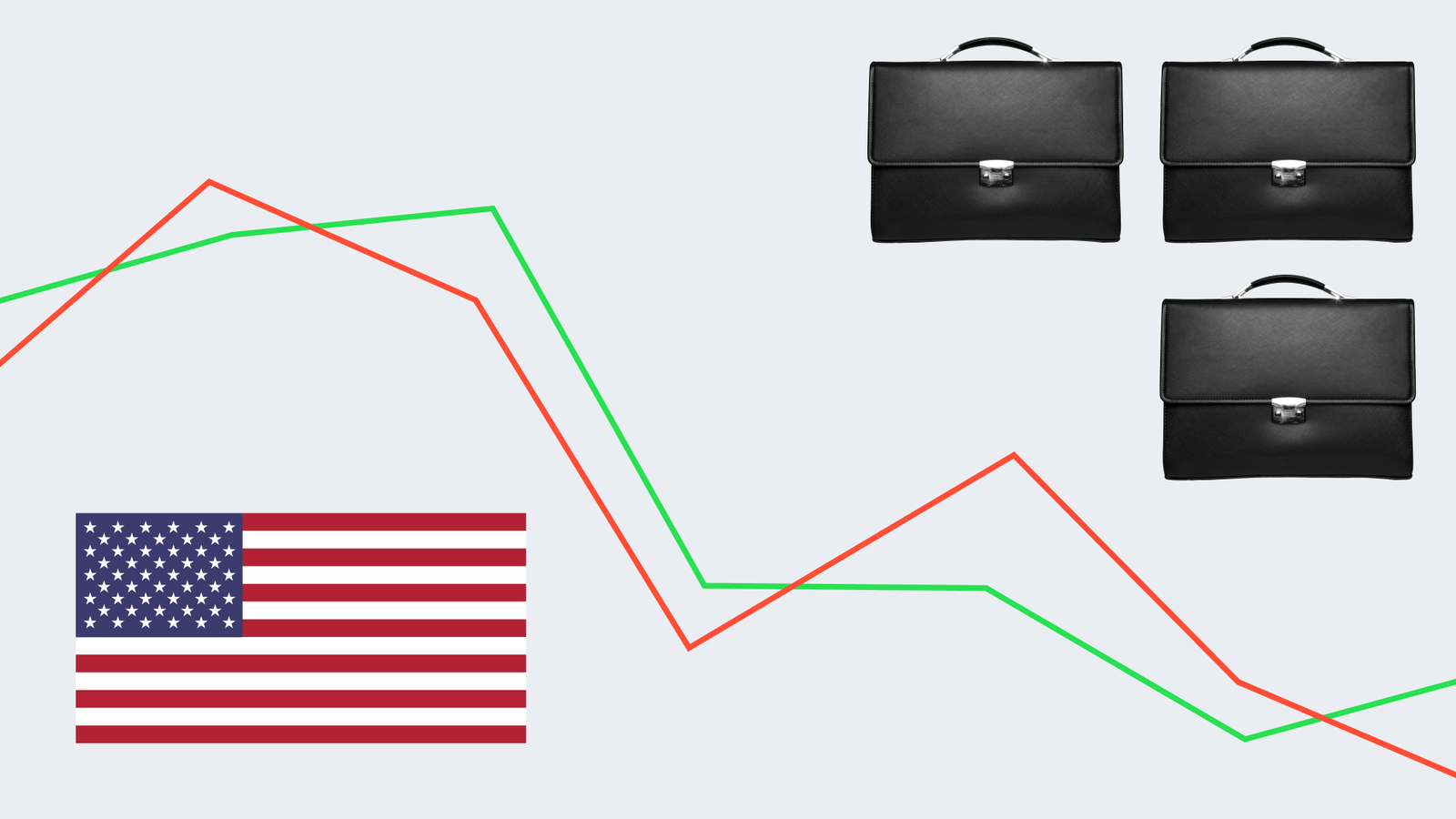Where Things Stand in Global Affairs: Trump’s Bold Moves on Ukraine, Russia, Europe, and China
Ukraine War & Russia Tariff Threats
President Donald Trump has declared that Russia has 50 days to reach a peace deal with Ukraine, or it will face “very severe tariffs.” In a meeting at the White House with NATO Secretary General Mark Rutte, Trump emphasized his support for ramping up European military aid to Ukraine. As part of a new arrangement, NATO would purchase American-made weapons and deliver them directly to Kyiv — a move that bolsters Ukraine’s defenses while also benefiting U.S. arms manufacturers.
However, experts say the threat of tariffs may have little real impact on Russia. The country exported less than $5 billion worth of goods to the U.S. in 2023, and that number has only decreased. As a result, tariffs—even as high as 100%—would be largely symbolic and unlikely to alter Moscow’s behavior.
More significant pressure may come from sanctions targeting Russia’s energy sector and its international buyers. A proposed U.S. Senate bill aims to impose such sanctions, and Trump has hinted at “secondary sanctions” on countries doing business with Russian energy firms — though he provided no further details.
China Report: Democratic Criticism of Trump’s Foreign Policy
In a separate development, Democrats on the Senate Foreign Relations Committee are preparing to release a damning report accusing the Trump administration of weakening America’s global influence, particularly in its stance toward China. The report argues that Trump has eroded American “soft power” by:
- Cutting funding for global aid programs
- Reducing investments in basic scientific research
- Damaging alliances and partnerships abroad
The Democrats claim these moves have allowed China to fill the void, expanding its global influence economically and diplomatically.
Tariff Fallout: Europe Reacts to Trump’s 30% Threat
While praising NATO and Europe’s role in supporting Ukraine, President Trump has simultaneously angered many European leaders with his threat to impose a 30% tariff on all European imports starting August 1, unless a new trade deal is reached.
European Union Trade Commissioner Maros Sefcovic expressed frustration, warning that such a move would severely strain trans-Atlantic trade relations. “We were very close to an agreement,” he told reporters in Brussels, where E.U. trade ministers were gathered.
In response to the U.S. threat, Italy’s foreign minister Antonio Tajani confirmed that the E.U. had drafted retaliatory tariffs worth €21 billion (about $24.5 billion) on American goods. Denmark’s foreign minister Lars Løkke Rasmussen went further, calling Trump’s proposed tariff hike “absolutely unacceptable.”
A Shift in Trump’s European Rhetoric
Notably, Trump — who has often criticized European allies as “freeloaders” and labeled the E.U. an economic adversary — now appears to be shifting his tone. He told reporters that “a strong Europe is a very good thing.” However, a more unified and independent Europe may also be less likely to align automatically with U.S. demands, particularly when it comes to shaping long-term policy toward China, trade, and global security.



